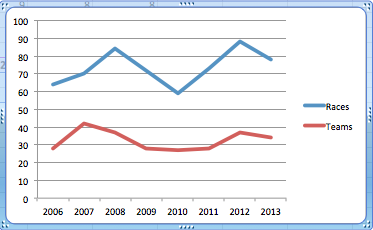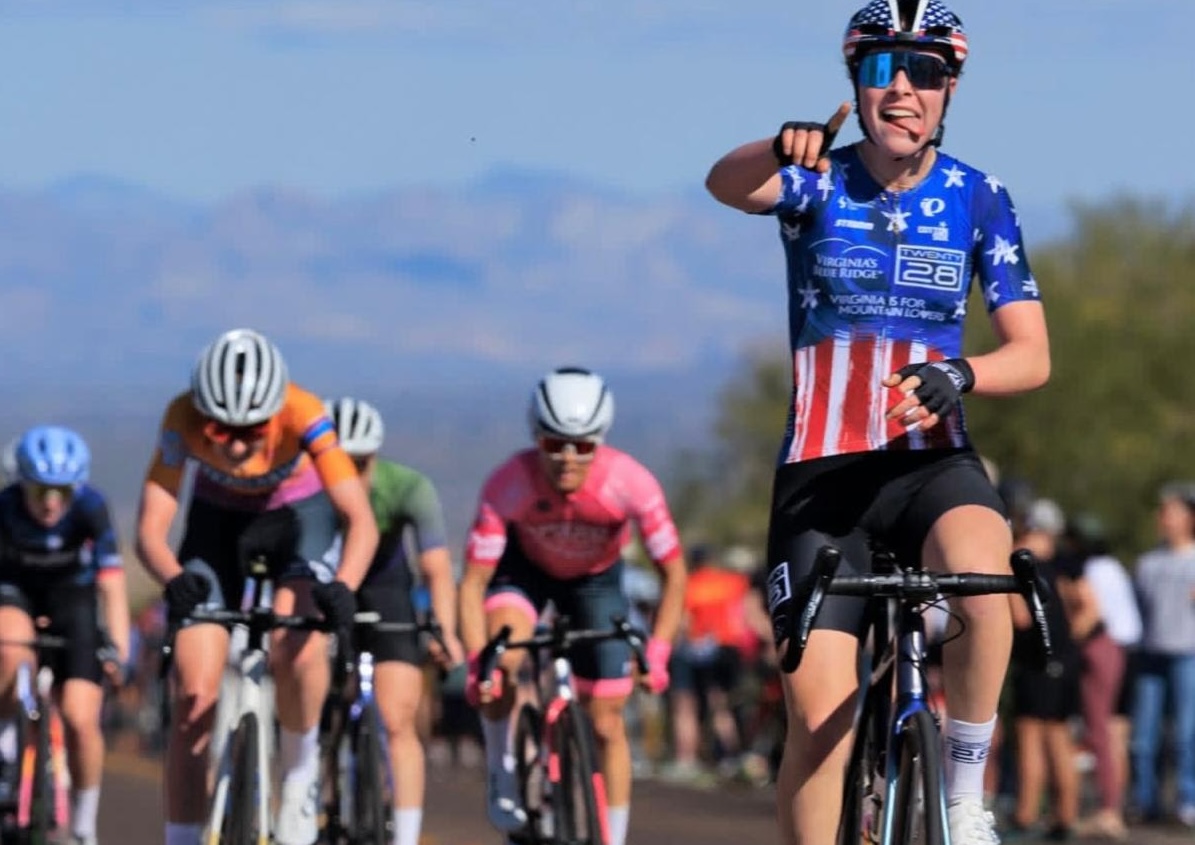Exergy Tour cancellation leaves USA without women's UCI events
International women's cycling stagnating
The latest race content, interviews, features, reviews and expert buying guides, direct to your inbox!
You are now subscribed
Your newsletter sign-up was successful
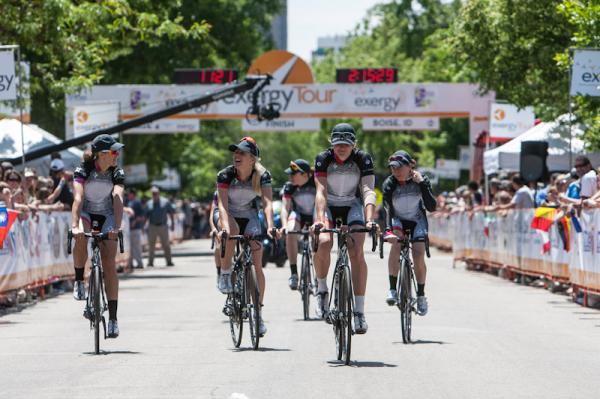
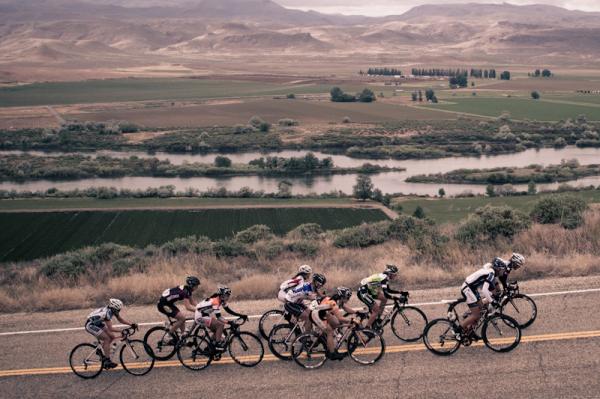
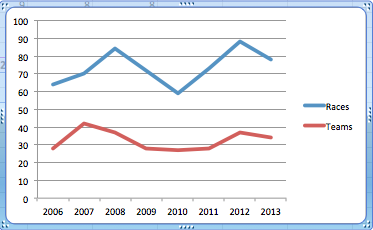
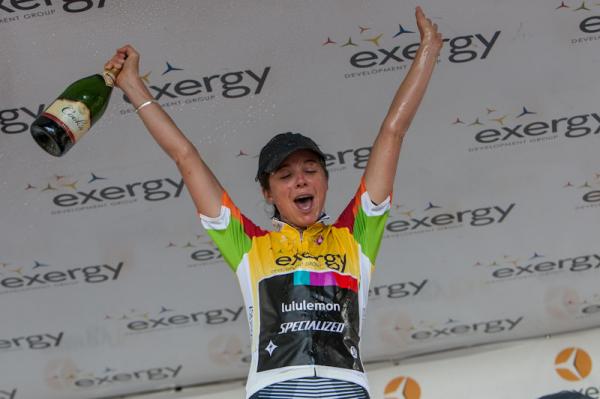
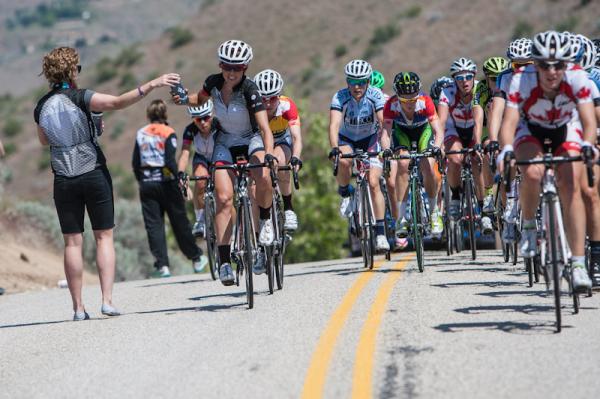
The announcement was inevitable after the Exergy Women's Tour lost the services of technical directors Medalist Sports, but today's cancellation of the only North American UCI stage race for women is bitter news for the American women's peloton. The only UCI races remaining in North America are the Grand Prix cycliste de Gatineau and Chrono Gatineau in Canada, giving the women of the USA only one option to garner points towards qualifying for the World Championships: leave.
Exergy Development Group's women's tour was the most ambitious race to grace the shores of the USA since the HP Women's Challenge. With a dedicated, big-money backer in the renewable energy company, and the most experienced technical directors behind it, the race put women in the same spotlight as the men's Tour of California, USA Pro Cycling Challenge and Tour of Utah - Medalists Sports' other events.
The race attracted the world's top talent, allowing the USA to gain enough points to maximize its team for the 2012 Summer Olympics, and gaining the attention of the mainstream media.
"After a highly successful inaugural year, it is with our sincerest regret that Exergy Development Group announces that we will begin initiating the cancellation of the 2013 Exergy Tour by the end of March," the company's press release stated last night. "After a tumultuous year, it was our hope that appropriate co-sponsors would assist financially in order to help advance the mission and the event."
The announcement comes on the heels of the demise of the Ster Zeeuwsche Eilanden, a Dutch UCI 2.2 stage race scheduled for June, and the near collapse of the most prestigious remaining women's stage race, the Giro Donne.
It is a blow for the UCI's new 2.HC designation, which had been applied to three races: Exergy Tour, the Internationale Thüringen Rundfahrt der Frauen and the Premondiale Giro Toscana Int. Femminile, but the German race was downgraded to 2.1, leaving just the Giro Toscana with this new rank.
Is women's cycling in crisis?
The latest race content, interviews, features, reviews and expert buying guides, direct to your inbox!
There has been much discussion over the past few years about the state of women's professional cycling. Marianne Vos's emotional victory after an exciting, attack-laden road race at the London Olympics served to pique the interest of the world's cycling fans, but there is an impression that the sport has stagnated.
In 2010, new world champion Giorgia Bronzini pointed out that women athletes have progressed, but the sport had not. In 2011, the sport's top riders called on the UCI to institute a minimum wage for professional women. However, the governing body was reluctant to put more financial pressures on teams already struggling, and instead formed a UCI Athletes Commission, including pay-equity proponent Georgia Gould in the panel.
Despite the small bits of progress, Bronzini's assessment that the women's side of cycling has stagnated is backed up in the numbers. Few new fans will be aware that there was once a women's Milan-San Remo - the race met its end in 2006. There was a women's Tour de France, but a combination of mis-management, conflict with the ASO and lack of funds meant the race never gained the kind of prominence of its male counterpart.
In recent years other high-profile events have emerged: the Ladies Tour of Qatar, which happens the week before the men's race, the women's Tour of Flanders and Fleche Wallonne - both taking place on the same day, finishing just prior to the men - are fixtures on the World Cup calendar.
However, the television coverage of the women's events is often relegated to mere seconds - hardly enough exposure to bring in the sponsorship dollars. It is a point raised by former world champion Emma Pooley, who also asked for more support from the UCI.
By the numbers
Contrary to the impression given by the loss of high-profile events, the absolute number of UCI-registered women's races has been on an upward trend. Although bouncing up and down based on the Olympic cycle - countries often add one-off races in order to help their riders gain points toward Olympic qualifications - the number of races in 2013 is rather healthy based on recent years.
In 2005, there were 57 women's races registered with the UCI. That number went up to 64 in 2006, 70 in 2007, 84 in 2008, then back down after the Beijing Olympics. In 2009 there were 72, in 2010 only 59 registered, but then the number rebounded to 73 in 2011 and peaked at 88 in 2012 for London.
This year's 78 events doesn't look too bad, considering, but the growth has come mainly in the lowest-ranked one-day events, the UCI 1.2, and most of the increases have come in Belgium and the Netherlands. In 2006, there were only 13 1.2-ranked races, but this peaked at 29 last year, and stands at 24 for this season.
The number of stage races for women has stagnated: in 2006 there were 24, in 2013 there are 25: in the meantime, the number reached a low in 2010 at only 17, but only peaked at 27 back in 2008.
For North America, the stagnation has been apparent, if only because the starting point was so low: the most UCI events the continent has had was six in 2008, when the USA had the Tour de Leelanau, Liberty Classic and Mt. Hood Cycling Classic, and Canada still hosted the World Cup in Montreal as well as the Tour du Grand Montreal and Tour de PEI. Since then, the stage races have either died off or been held without UCI sanctioning, and the one-day races have slowly vanished from the calendar.
The women are still racing: the number of teams has followed a similar trend to the number of races: there are 34 UCI women's teams in 2013, the third highest number in the past decade. The number of teams peaked before Beijing with 42 licensed in 2007. there were 37 in each 2012 and 2008, and between 26 and 28 the other years.

Laura Weislo has been with Cyclingnews since 2006 after making a switch from a career in science. As Managing Editor, she coordinates coverage for North American events and global news. As former elite-level road racer who dabbled in cyclo-cross and track, Laura has a passion for all three disciplines. When not working she likes to go camping and explore lesser traveled roads, paths and gravel tracks. Laura specialises in covering doping, anti-doping, UCI governance and performing data analysis.
